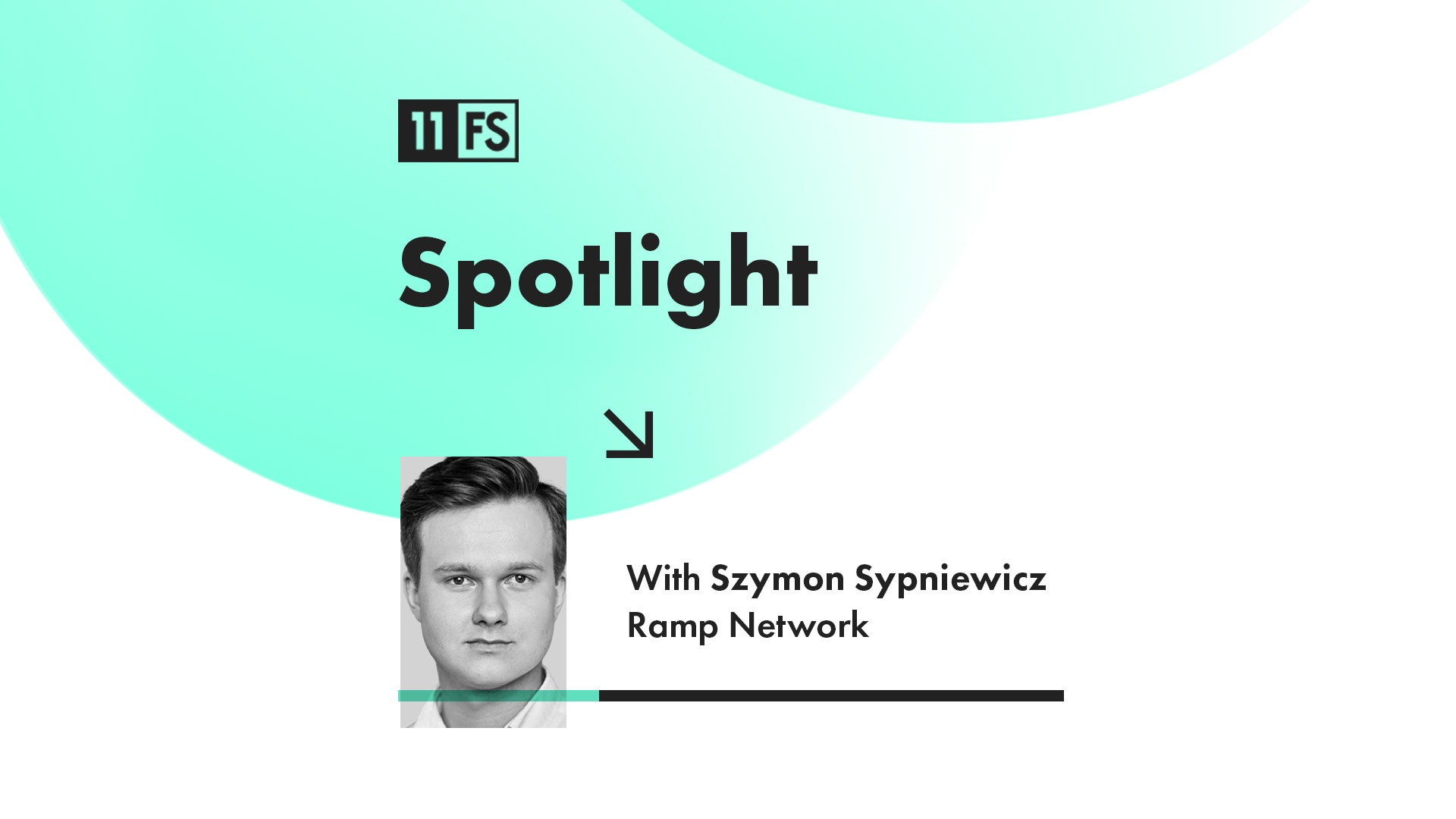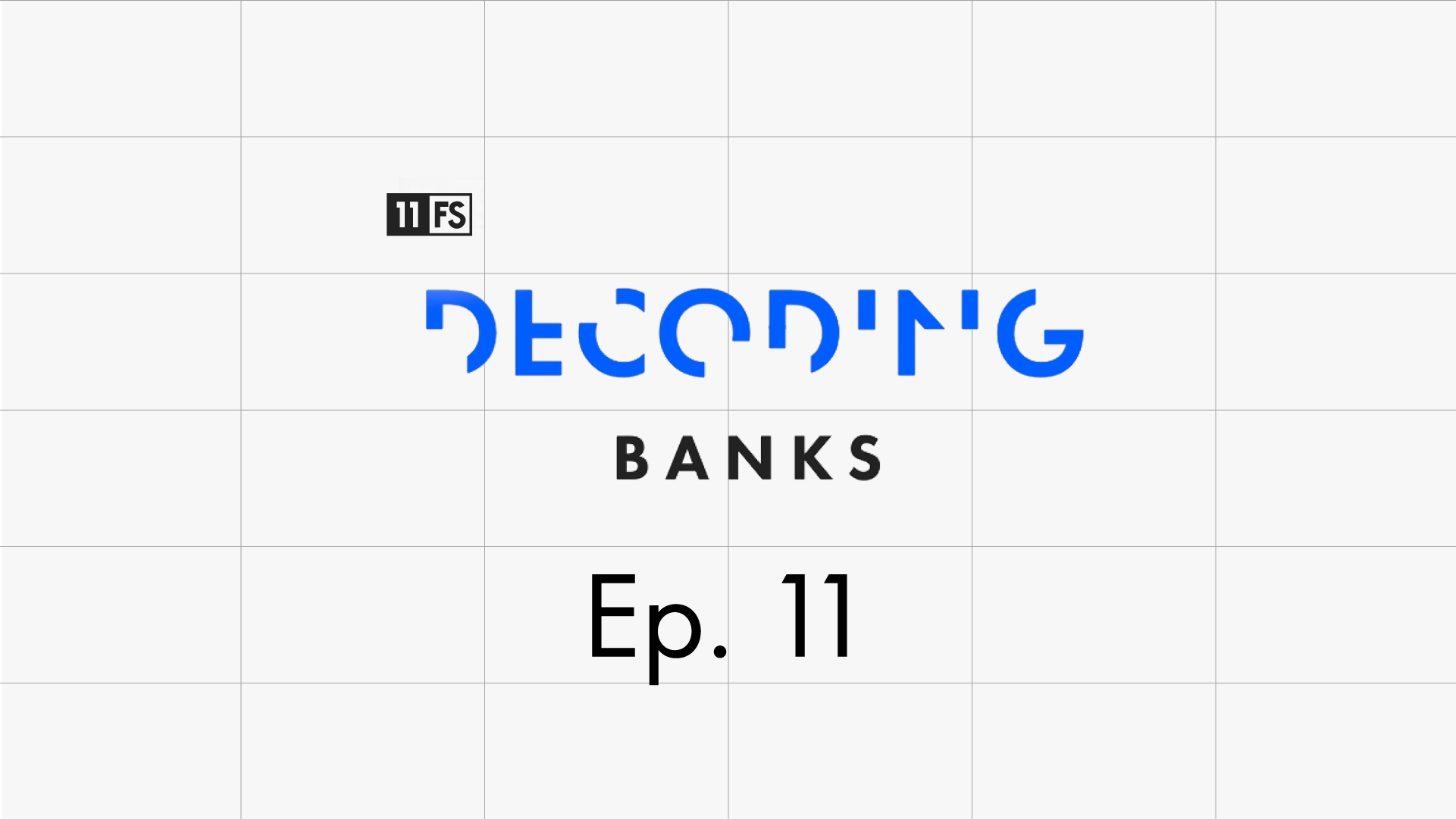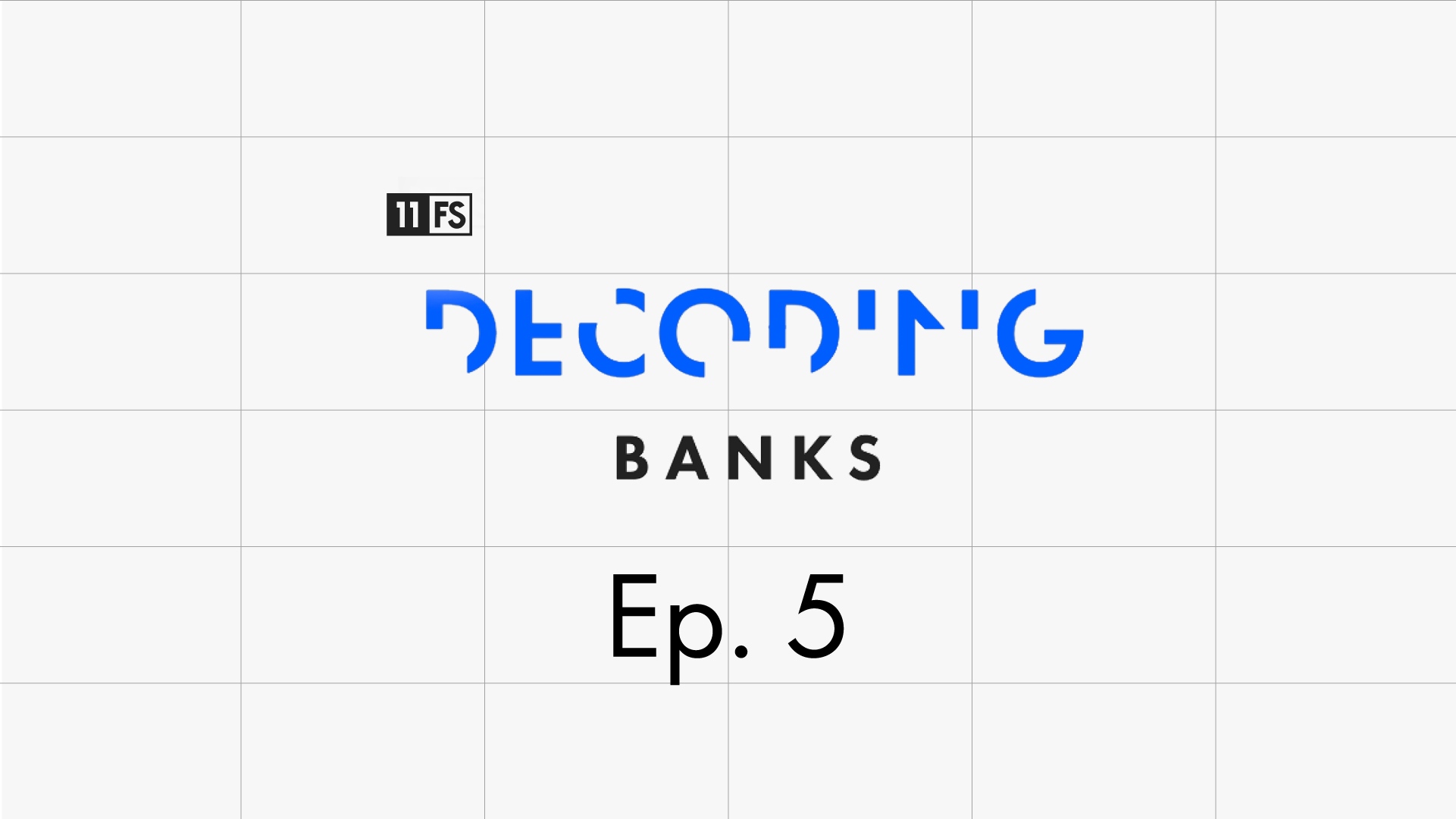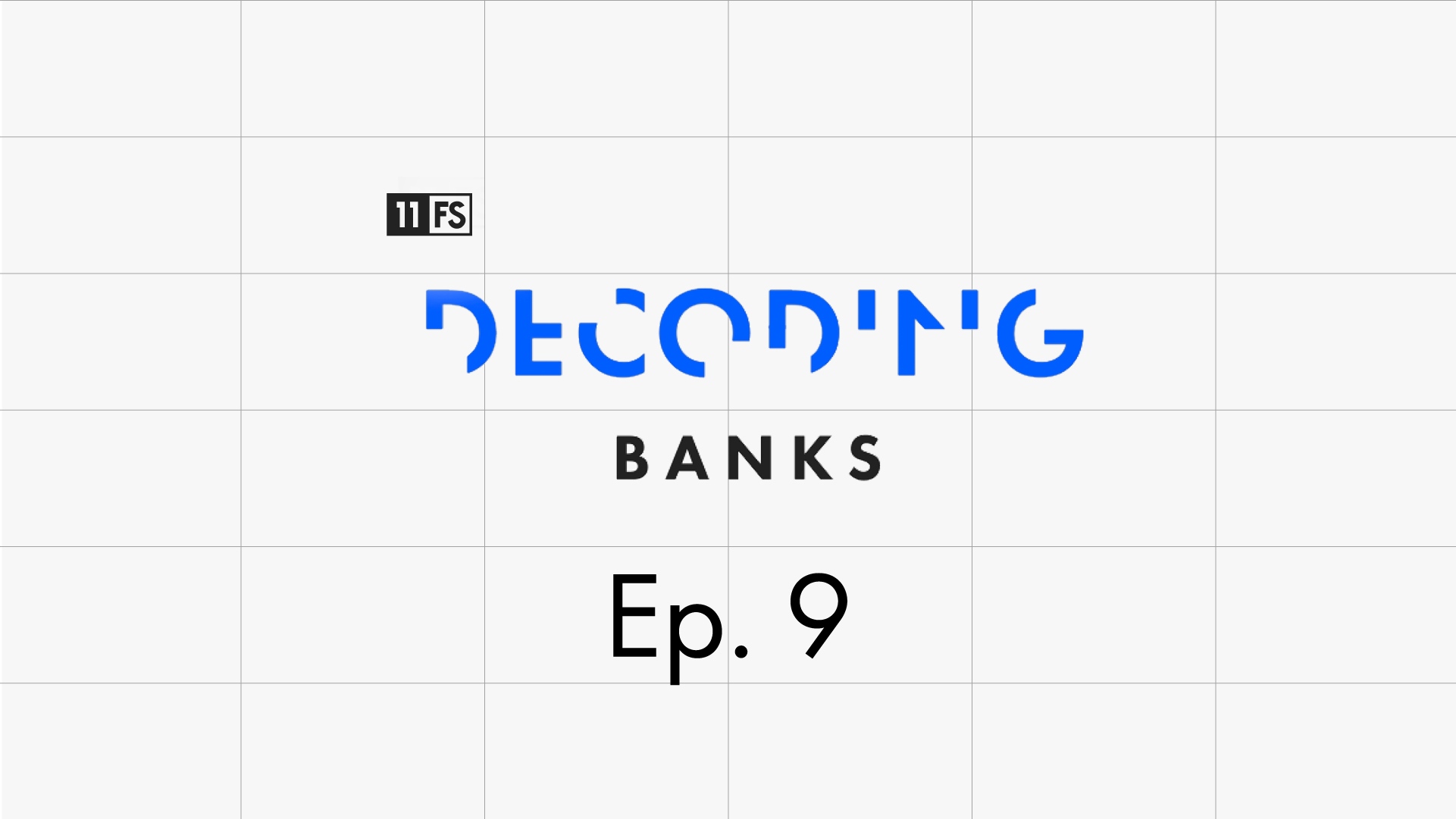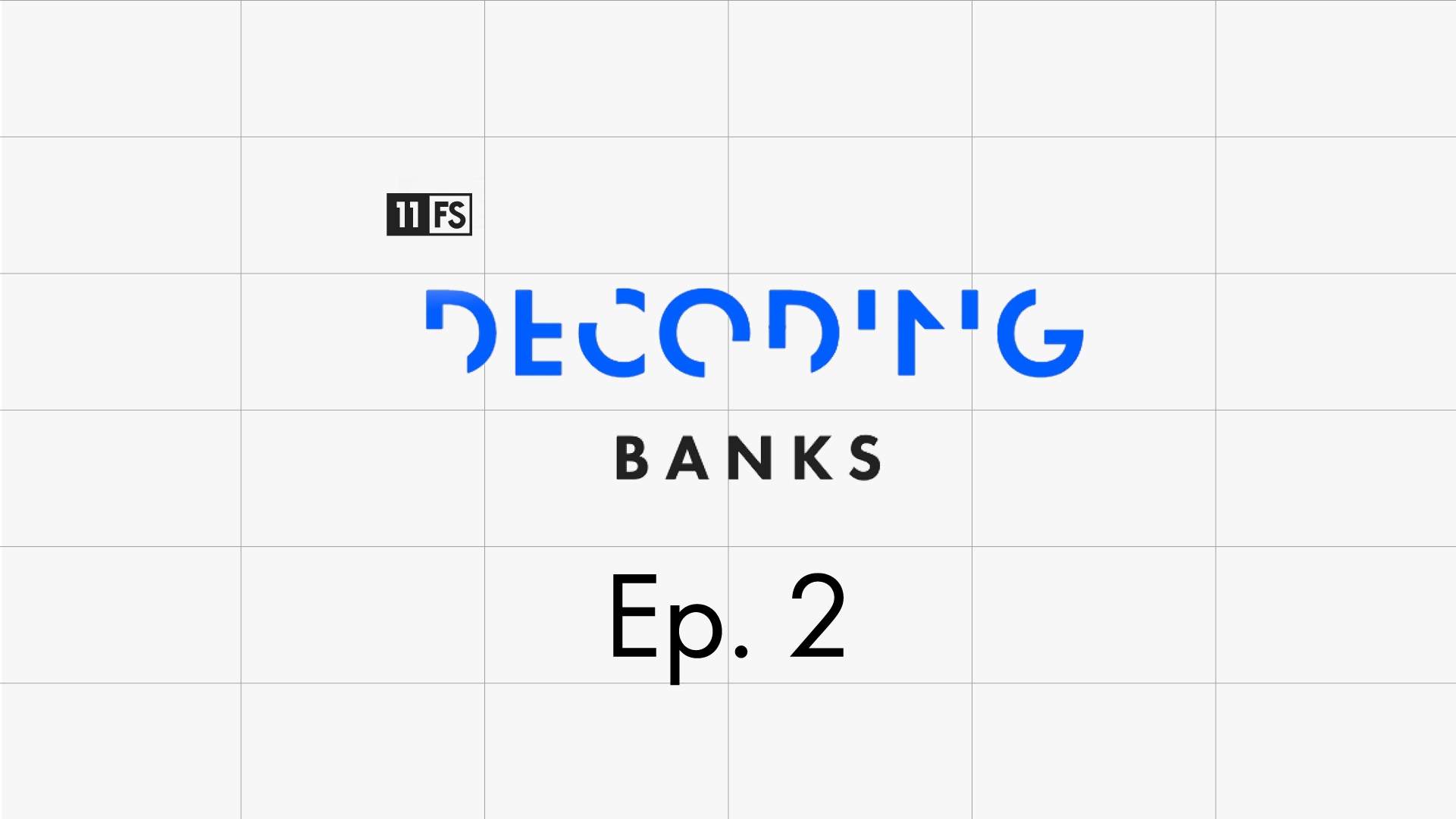
Learn about the latest FS trends and news, from industry experts.

11 US fintechs on our watchlist right now
There’s a reason counties often refer to their tech hubs as “the Silicon Valley of [insert country name here].” The Bay Area is the proud birthplace of some of the world’s biggest technological triumphs, home to global powerhouses like Apple and Visa. Every year the Valley also attracts a host of fintech start-ups - such as Credit Karma, Chime and Varo Bank, to name a few. But it’s not just California driving the future of financial services. We’ve done our research to see which companies across the 50 states are leading the fintech charge. (Did you miss our first blog? See who’s doing awesome things on the other side of the pond with our list of the hottest European fintechs.)
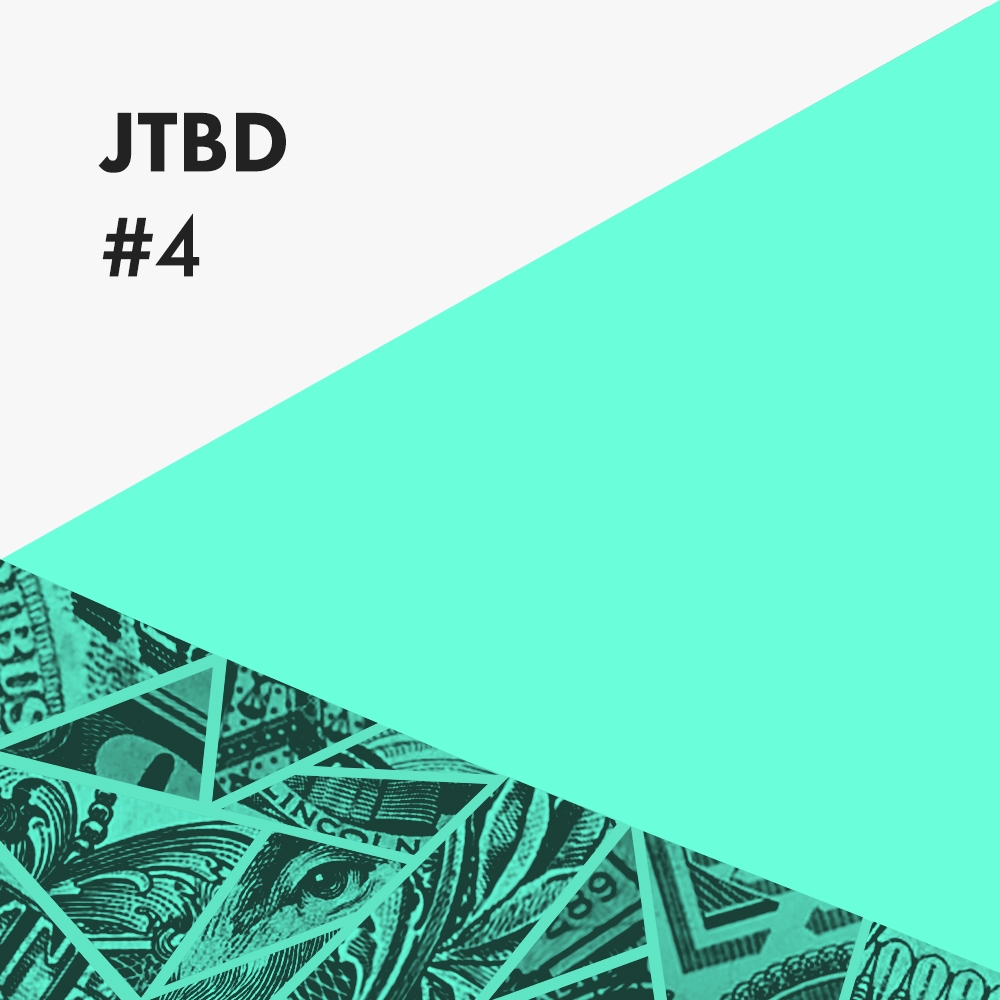
Jobs to be Done: Create a realistic but impactful marketing budget
I speak to a lot of customers about how money fits into their lives. I’ve never come across anyone who said “what I really need is a bank” or more specifically banking products like credit cards or savings accounts. Customers don’t want your products, they want to achieve their goals.People talk about helping their kids go to university or getting the best deal on their mobile phone. Of course, people require money and some kind of financial products to do these things. However, the cold reality for banks is that their commoditised products are not helping customers make progress towards these important jobs in their lives.At 11:FS we help build truly digital next generation digital propositions. Central to this is grounding intelligent digital propositions in customer Jobs To be Done (JTBD).

Why the Middle East could be the next fintech hotspot
Back at the end of 2019, we dived into the perfect fintech storm that was brewing in the Middle East. Diversification had already started in the region, but financial inclusion was reluctant to follow. So where are we now? It’s 2020, and things have been hotting up in the region with opportunities continuing to surface. But what does the region hold for fintech and why is the Middle East where the real gold lies?
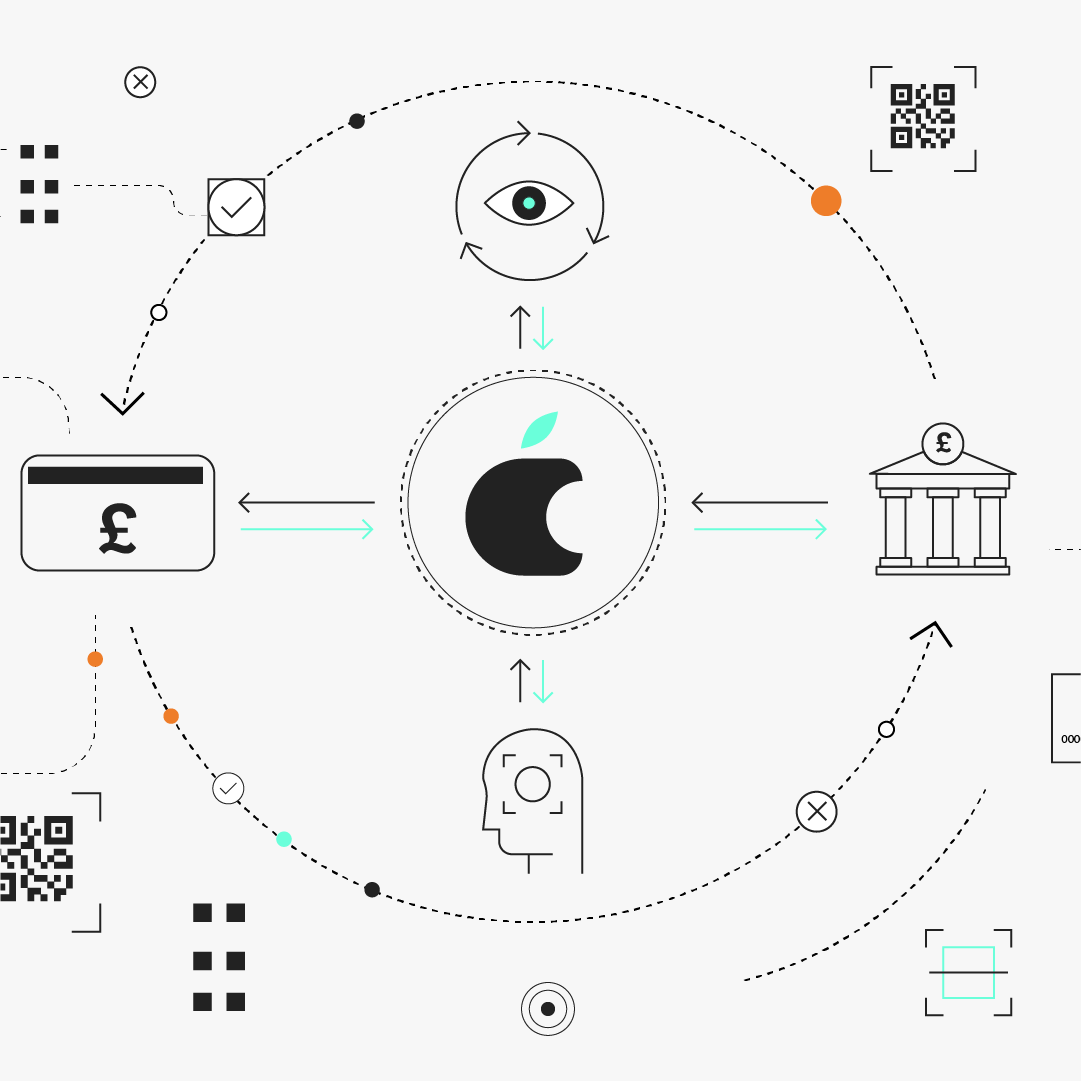
How Apple is leading the charge for brands embedding finance
Cyber attacks are hardly new, so why are banks putting renewed energy into combating them? 11:FS Market Research Analyst Joanne Kumire explains.

11 observations from remote working during lockdown
Pre-COVID, you could’ve called me a globe-trotter. And you wouldn’t have been wrong. As an author, commentator and public speaker, I’m rarely in one place for too long. So getting used to working from home for the past six months has been a revelation, to say the least. In light of World Mental Health Day 2020 (arguably the most important one yet) I thought I’d share some of the observations I’ve made since being thrust into 24/7 remote working. While some of them might be trivial, it’s fair to say I’ve experienced a rollercoaster of emotions. Mental health isn’t a static creature, and it’s bound to fluctuate thanks to the blows we’ve been dealt by the pandemic - I’m sure you can relate.

Jobs to be Done: Helping US SMBs build credibility and legitimacy in order to access funding
This is the final instalment of a 6 part series that explores the Jobs to be Done (JTBD) for US SMBs that we identified in our recent research. Each blog post dives into one of the jobs and how we examined it with a JTBD canvas. If you missed the first post that explains JTBD and the canvas, check it out before reading this.

Seedrs and Crowdcube merger: hot takes
It's a truism that the hardest job in engineering is that of 'Tech Lead'. You're the person who's not only writing code, but simultaneously leading a small group of other engineers and spending large amounts of time talking to stakeholders and the Product Manager (or, ten years ago, *Project* Manager). This is taken from our Unfiltered newsletter. Subscribe now for a no BS, uncensored analysis of fintech news and hot topics delivered to your inbox each fortnight.

11 European fintechs we’re excited about right now
London’s been at the centre of the fintech bubble for over a decade now, and the rest of Europe isn’t far behind. One of the few silver linings of the coronavirus pandemic could be that it might act as a catalyst for a tonne of investment into fintech, as more and more people recognise the need to go digital. Despite the trend for falling investments in 2020, the UK fintech sector is still looking flush thanks to investments of over $1.84 billion. To give you a heads up on the next big companies on the scene, we’ve rounded up the hottest startups on our watch list 🔥

Using the cloud to fly sky high above the competition
As we roll into 2018 thoughts inevitably turn to the big themes that we might expect (and hope) to see for user experience in the financial services industry this year.
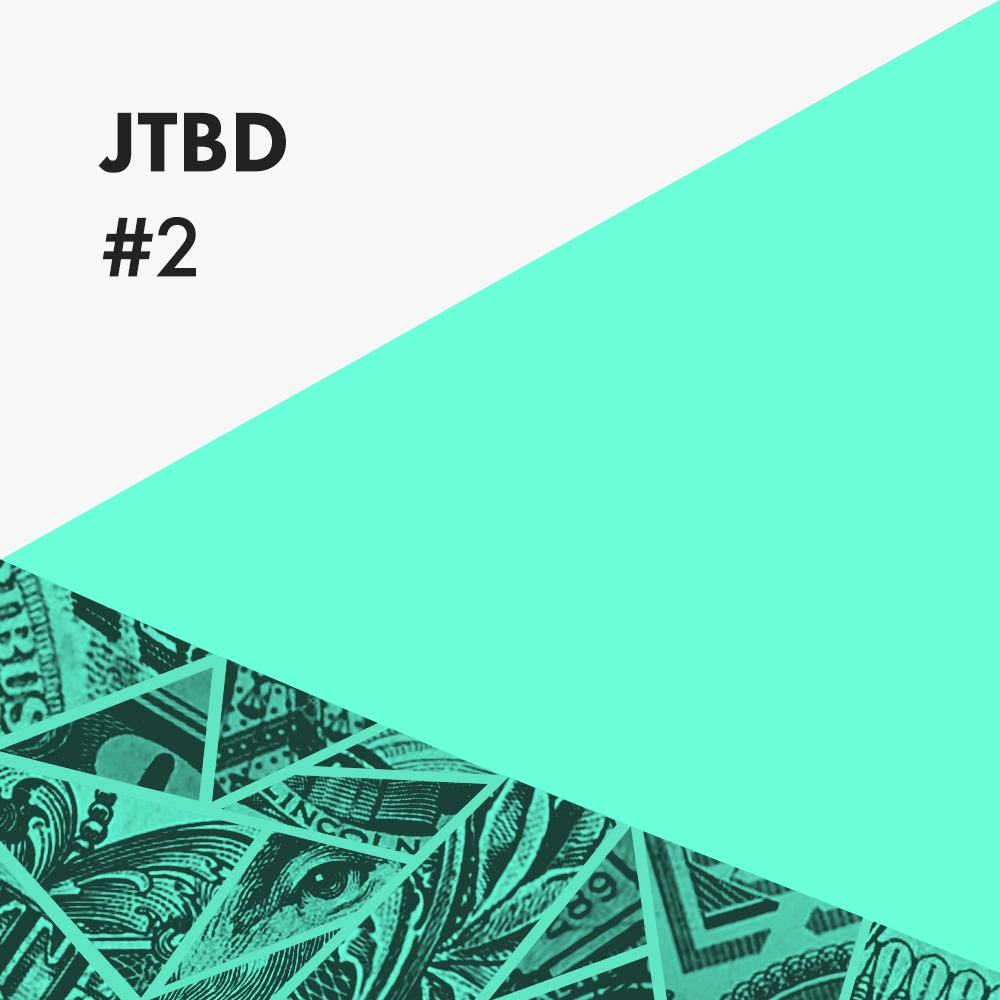
Jobs to be Done: How to help US SMBs keep their personal assets separate from their business finances
Jobs To Be Done (JTBD) is a theory. Its main aim is to explain why customers start - and stop - using different products and services in the market. Stripped down to the essentials, it’s a fairly straightforward concept first introduced by Harvard professor Clayton Christensen that can be adapted into a useful tool for product development.
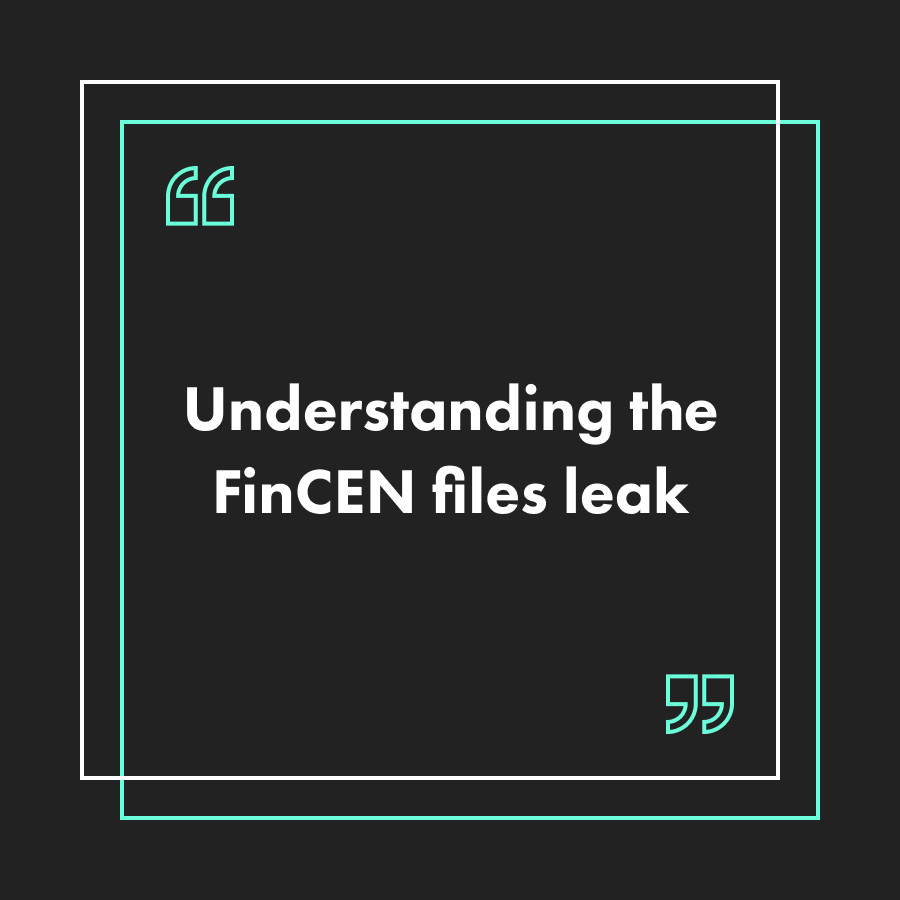
What the FinCEN files leak means for banks
There’s been a huge leak of files from FinCEN, the US-based Financial Crime Enforcement Network. Over 2000 Suspicious Activity Reports (SARs) and hundreds of other documents appear to show how banks have been unable to prevent trillions in money laundering, tax avoidance and criminality over the past decade. But there's a more in-depth story to uncover here.

Jobs to be Done: The gaps in US SMB financial services
David M. Brear interviewed Jonathan Larsen, CIO, Ping An and CEO of their Global Voyager Fund, a $1bn investment fund, specifically for fintech. He tells David all about the fund and the innovations in fintech coming from China and making a huge impact worldwide.

Zooming out: 11 learnings from a decade in fintech
Guest author Richard Davies shares his reflections as he transitions from his role as Revolut’s COO to Non Exec at Revolut, and CEO of Allica Bank. As fuel for the future he looks at his learnings from Revolut as well as his wider experiences and inspirations over the last decade in financial services and fintech.
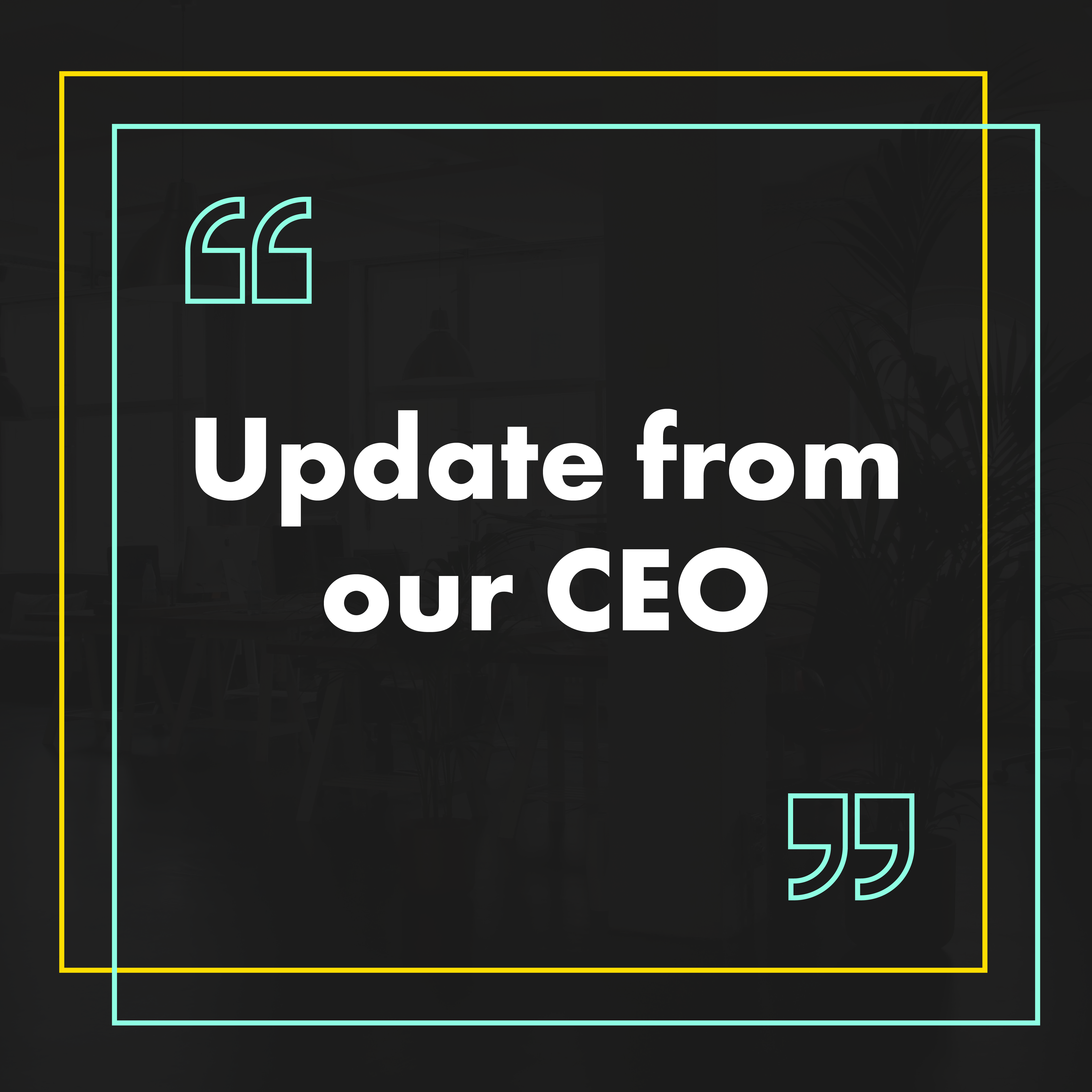
Town hall 27th July 2020: Business update from David
Good working culture is impossible without motivation. Therefore, it is essential to follow a model of organisation design that supports the conditions in which motivation can be maximised.

An introduction to engineering in 11:FS Consulting
At 11:FS, we build digital financial services, primarily banks. ‘Bank’ is a very broad term, of course, and our focus on client needs and ‘Jobs To Be Done’ approach (“People don’t want a mortgage, they want to buy a house”), means that we rarely set out to build a pure bank.

439
439. News: Wirecard fallout - fintech’s Enron moment?
Sam Maule and David Brear are joined by some great guests to talk about some of the most interesting stories of the last 7 days, including: Wirecard “loses” €1.9 billion, the US banking sector is seeing huge growth, despite (or because of) the pandemic and Goldman Sachs’ CEO makes a cameo in 'Billions'.

438
438. Insights: PPP - How digital providers helped rescue SMBs
Sam Maule is joined by some great guests to talk about PPP lending during the COVID-19 pandemic. On today's show we are taking a look at the process from the lenders perspective!

437
437. News: Stop, collaborate and listen - Amazon and Goldman Sachs team up
Jason Bates and Simon Taylor are joined by some great guests to talk about some of the most interesting stories of the last 7 days, including: Goldman Sachs teams up with another tech giant as it launches credit lines on Amazon, Monzo raise funding but lose valuation and WhatsApp launches payments in Brazil. All this and much much more on today's FIntech Insider News.

436
436. Insights: COVID-19 and the underbanked in the US
Sam Maule is joined by some great guests to discuss the state of the underbanked in the US and how COVID-19 is affecting this group of underserved people.

68
68. Life insurance COVID-19: If you're honest, you're covered
Sarah Kocianski and Nigel Walsh are joined by a panel of guests to talk through life insurance during the pandemic. Does your existing life insurance policy cover you during the pandemic?

435
435. News: Is now a good time to launch a challenger bank?
Sarah Kocianski and Ross Gallagher are joined by some great guests to talk about some of the most interesting stories of the last 7 days, including: Vivid Money launches digital banking services in Germany; the pandemic savings surge forces Goldman to shut Marcus to new UK clients; and Islamic finance startup Wahed closes $25M funding round to grow their Saudi Arabia hub.

434
434. Insights: transforming financial services infrastructure post COVID-19
Sarah Kocianski is joined by some great guests from Equinix, Mastercard and RTGS to discuss the long-term business transformation and the need for agile infrastructure in financial services organisations in response to the COVID-19 crisis.

433
433. News: Financial services community take a stand in support of Black Lives Matter
Leda Glyptis and Simon Taylor are joined by some great guests to talk about some of the most interesting stories of the last 7 days, including: Financial services community take a stand in support of Black Lives Matter; Starling and Marqeta’s new raises; and TrueLayer team up with the UK Government on Open Banking.

432
432. Insights: How could open finance shape the future of financial services?
Adam Davis and Sarah Kocianski are joined by some great guests to discuss open finance - what it is, how is could work and what learnings it could take from open banking, with an expert panel of guests from Plaid, RBS and the OBIE.
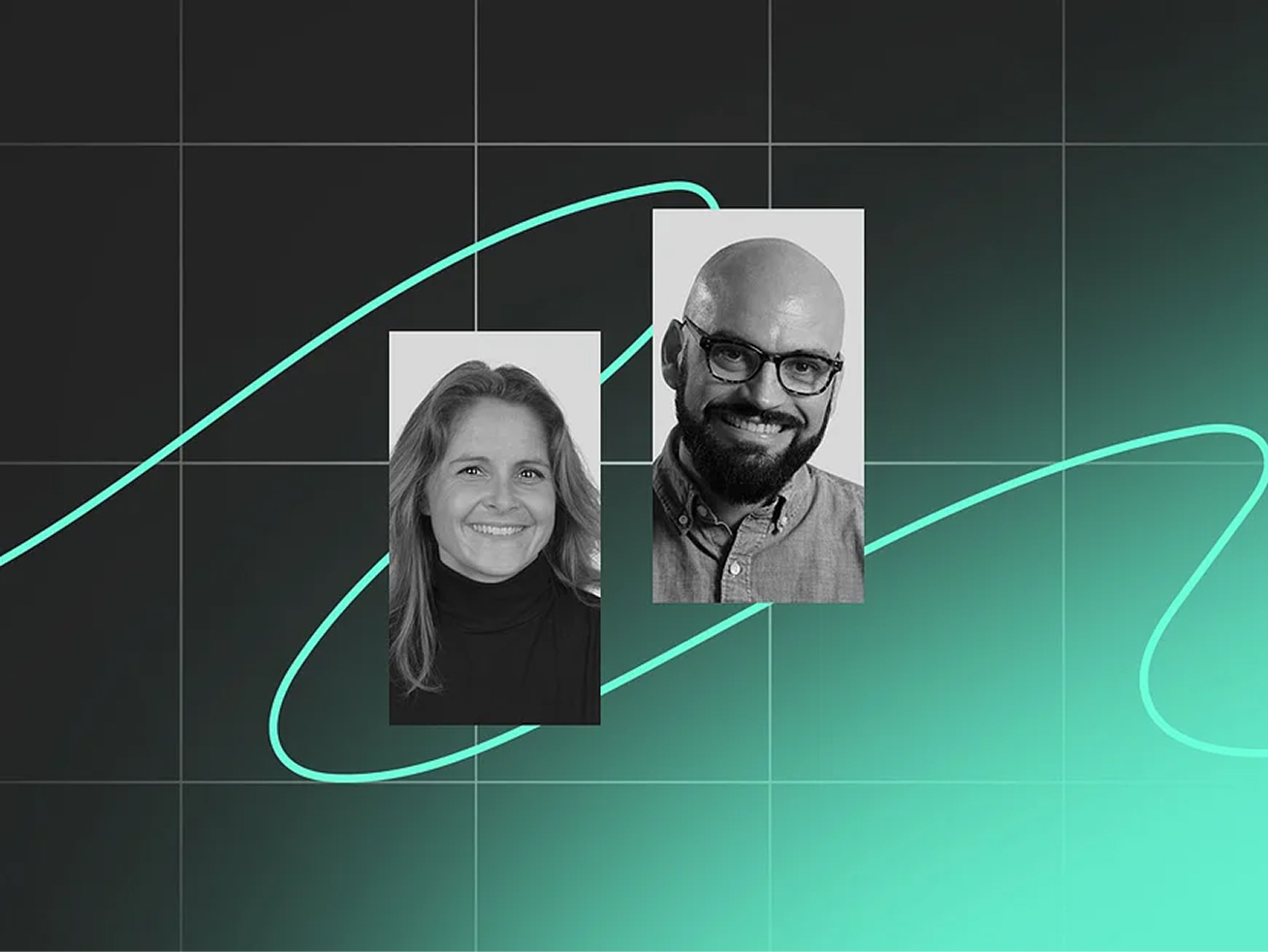
67
67. News: Drones for the NHS, and new fund raises despite COVID-19
Sarah Kocianski and Nigel Walsh are joined by a panel of guests to talk through the latest news in the insurtech and insurance world including drones for the NHS and some big funding rounds despite COVID-19!
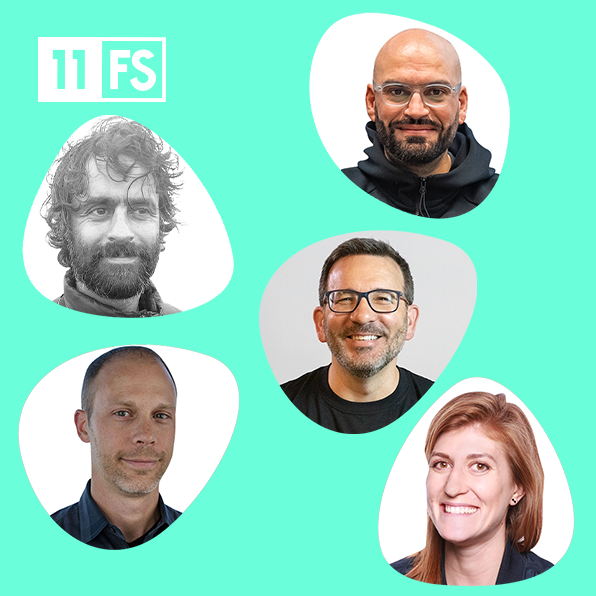
431
431. News: Shopify’s stratospheric rise and foray into fintech
Sam Maule and David Brear are joined by some great guests to talk about some of the most interesting US news stories of the last 7 days, including: Shopify’s many new announcements and move into fintech; Bank of America leak exposes business details of PPP relief applicants as applications across the board decline; and Animal Crossing offers new ways for people to make money in lockdown.

430
430. Interviews: Arlan Hamilton - Breaking the VC glass ceiling for underrepresented founders
Sam Maule is joined by Arlan Hamilton, founder and managing partner of Backstage Capital to talk VC funding, underrepresented founders and her new book It's About Damn Time.

429
429. News: Is it tough to be a challenger bank right now?
David Brear and Simon Taylor are joined by some great guests to talk about some of the most interesting stories of the last 7 days, including: The challenges facing challenger banks in the current climate, Freetrade’s record-breaking raise and PayPal sees a rise in 'silver tech' as older generations test digital payments for the first time. All this and much more on today's episode!

428
428. Insights: Digital Identity - the evolution of verification, authentication & authorisation
Jason Bates and Simon Taylor are joined by 3 great guests to talk about digital identity. What do we mean by digital identity, and how does it differ around the world? Listen on to find out!

139
139. Interviews: Yuval Rooz, CEO of Digital Asset & a special announcement from Simon Taylor
We. Are. Here. Today we bring you: a fantastic interview is Yuval Rooz, CEO of Digital Asset and an announcement from host Simon Taylor.
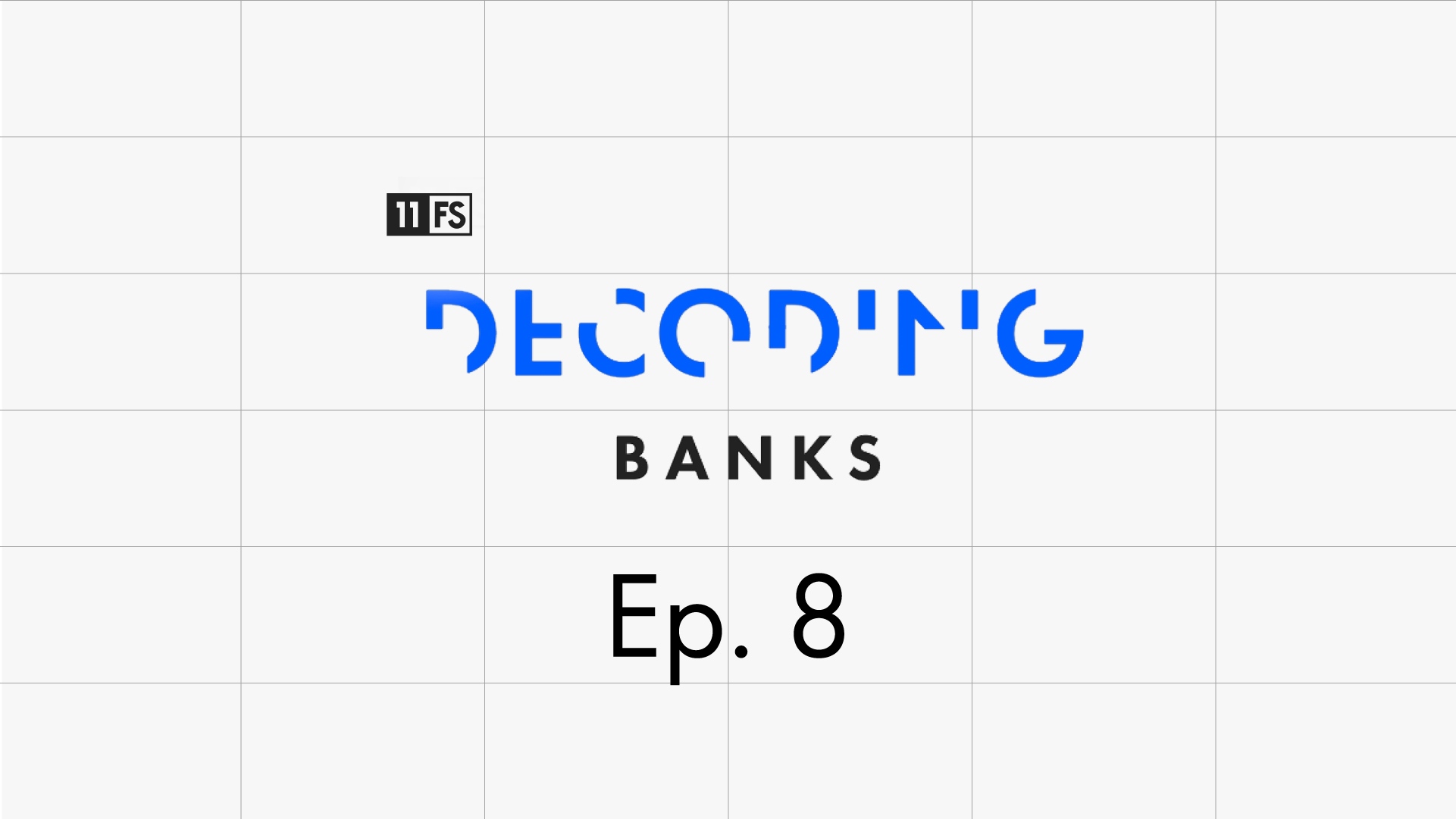
What are fintechs? - Decoding: Banks
Ever wanted to know what’s going on behind the scenes every time we make a payment?

How does banking regulation work? - Decoding: Banks
Regulation is essential. It stops banks from going bust or behaving badly.
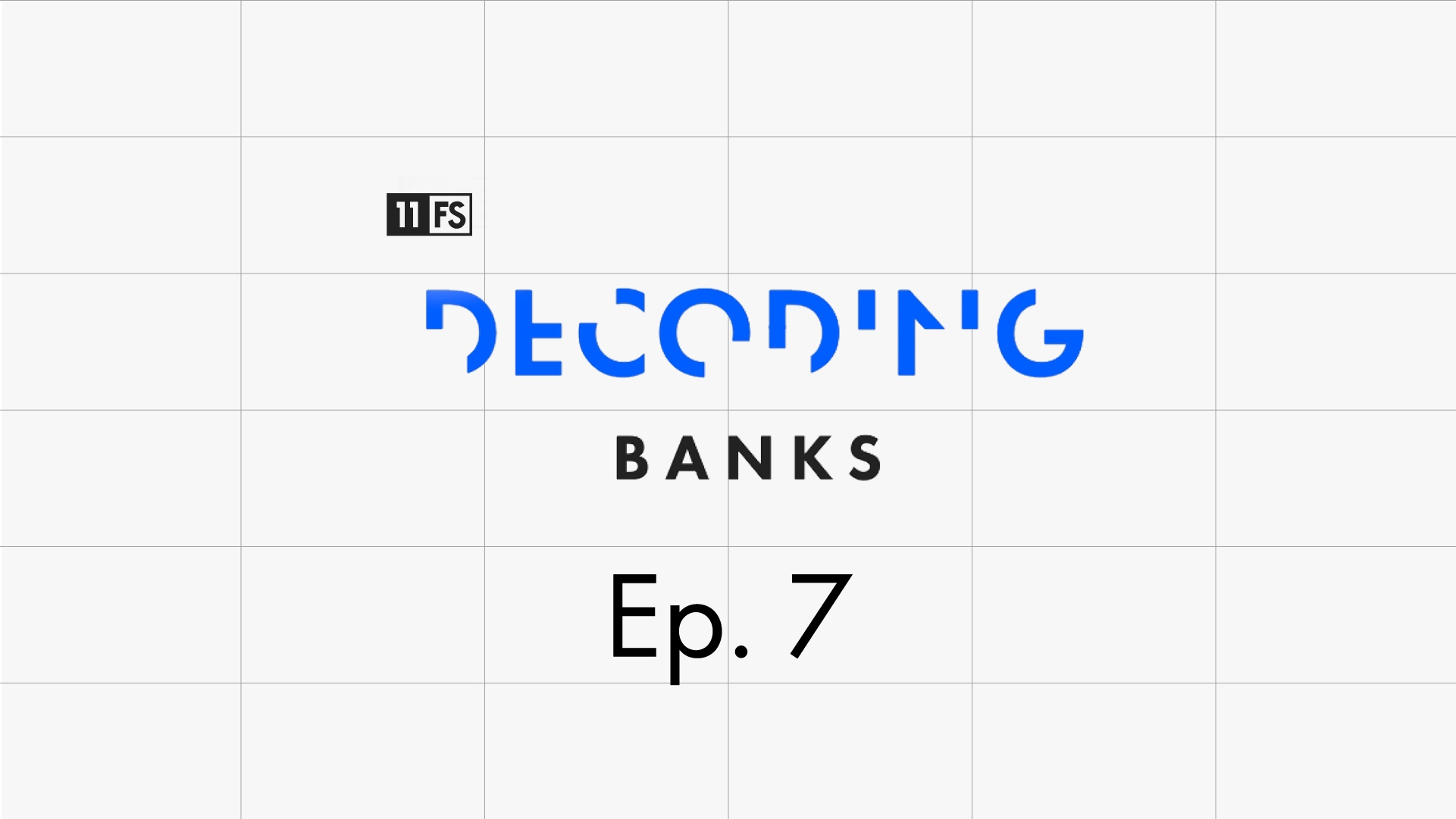
How has software evolution influenced banking? - Decoding: Banks
The invention of the computer revolutionised banking in the 1950s.

How does lending work? - Decoding: Banks
Lending has been around for thousands of years and is one of the cornerstones of banking.
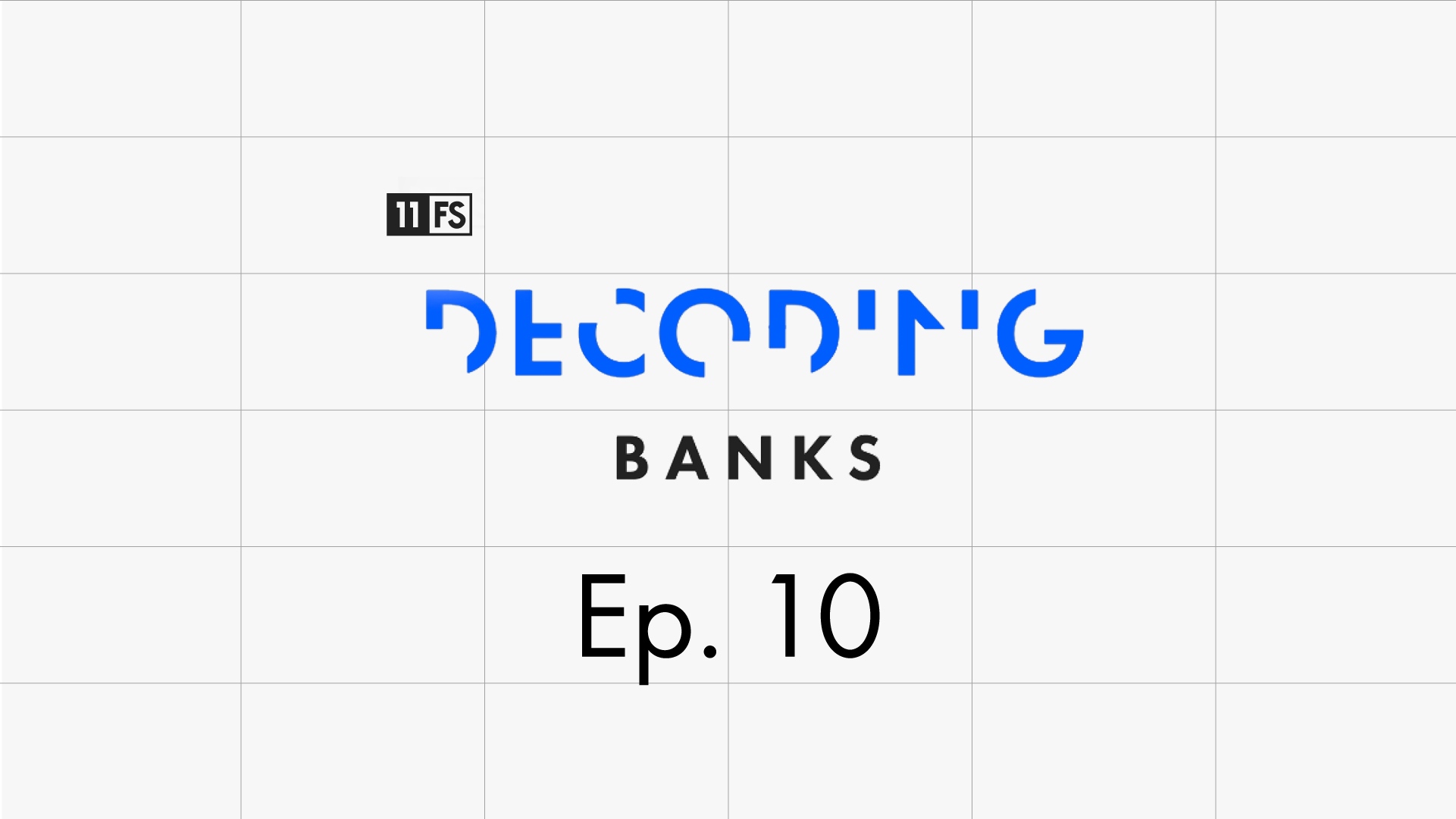
How can traditional banks win on the banking battlefield? - Decoding: Banks
They're down, but they're not certainly not out.
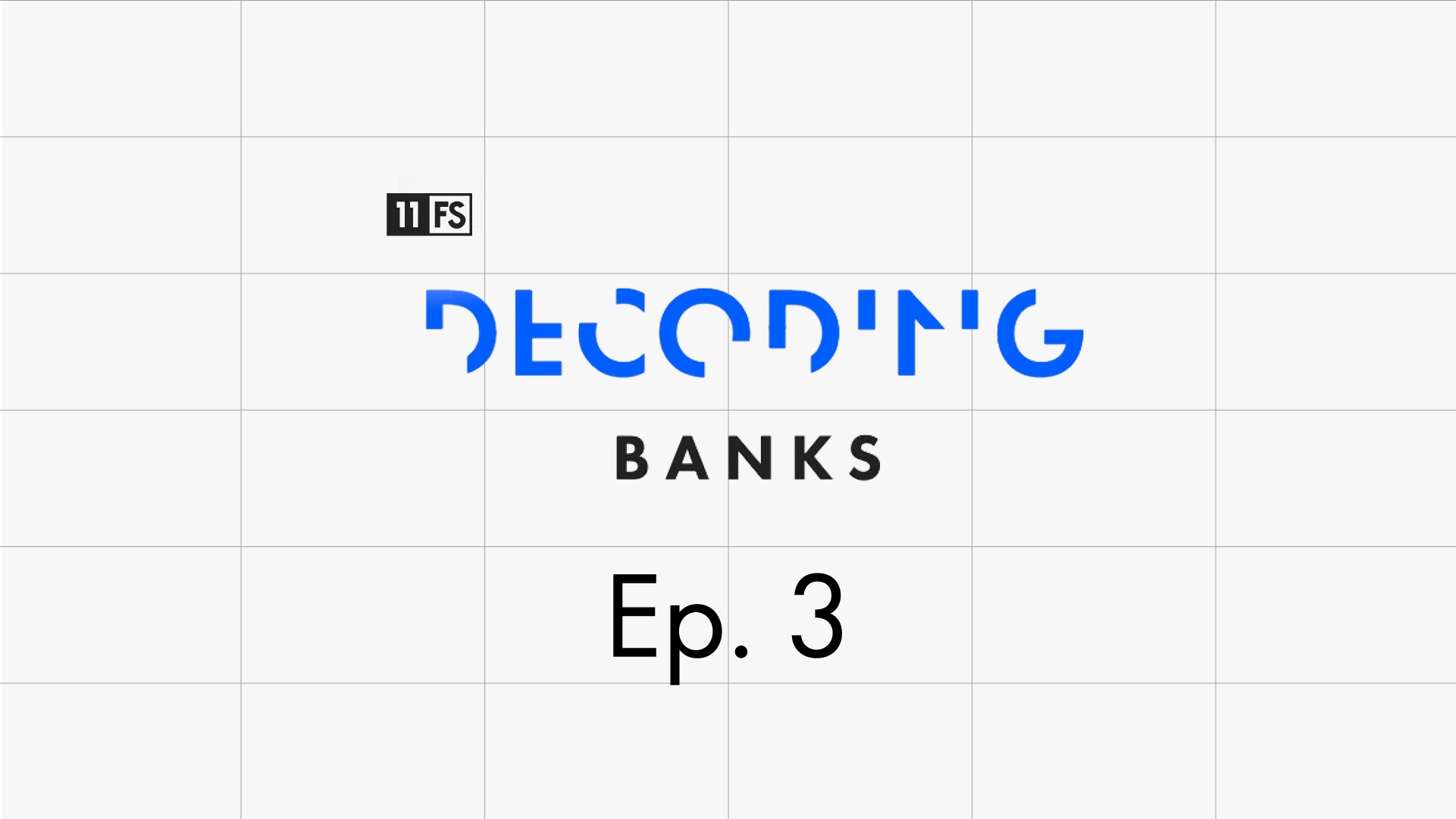
How do card networks operate? - Decoding: Banks
Mastercard and Visa are the two biggest credit card networks in the world.
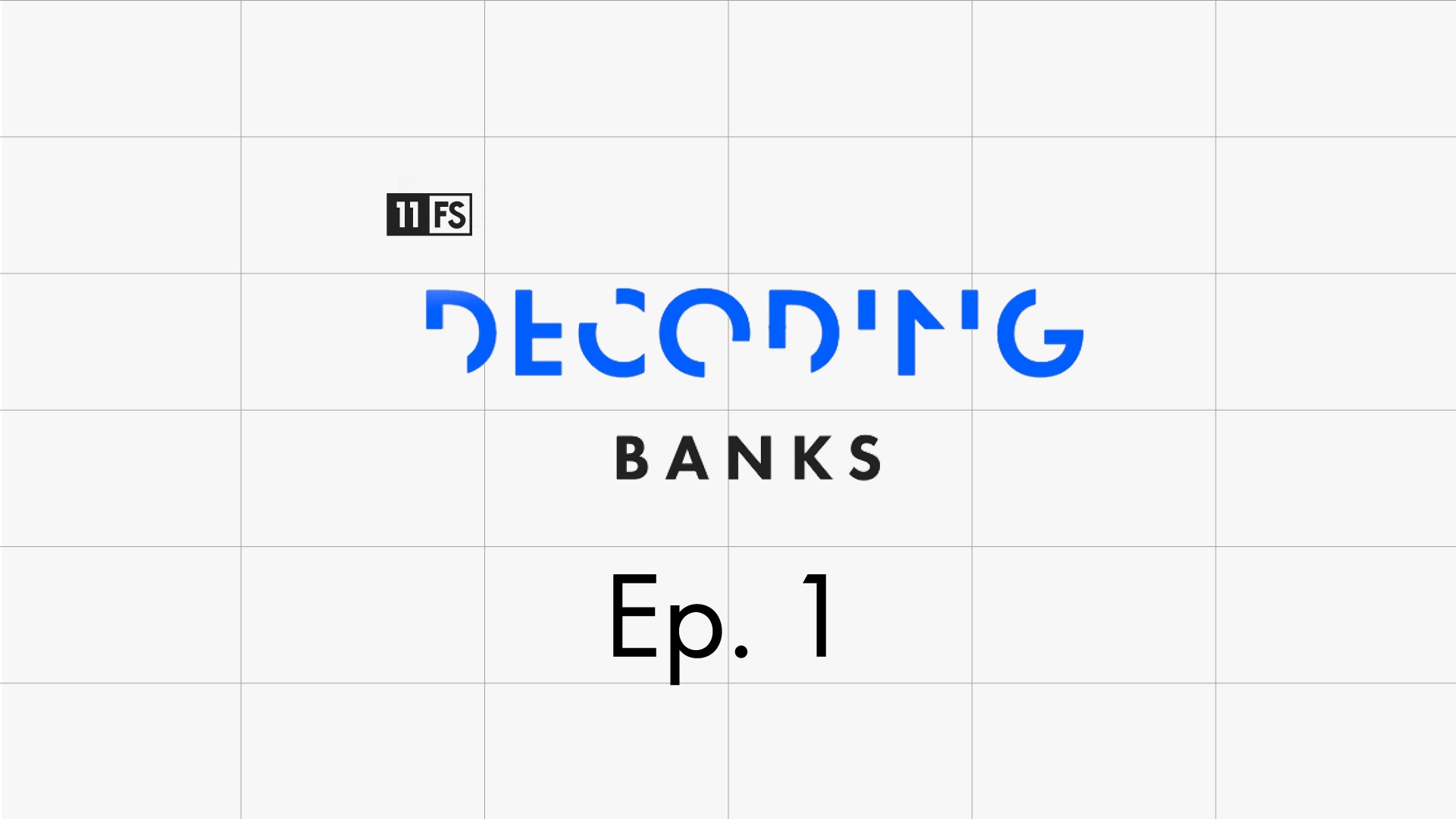
How has the banking battlefield evolved? - Decoding: Banks
We kick off our Decoding: Banks series with a look at the banking landscape today and how we got here.

11:FS Explores: Legacy banking systems ft. David M. Brear
David M. Brear, our 11:FS CEO, takes us through legacy technology within banks - but of course, with a really cool Lightboard.
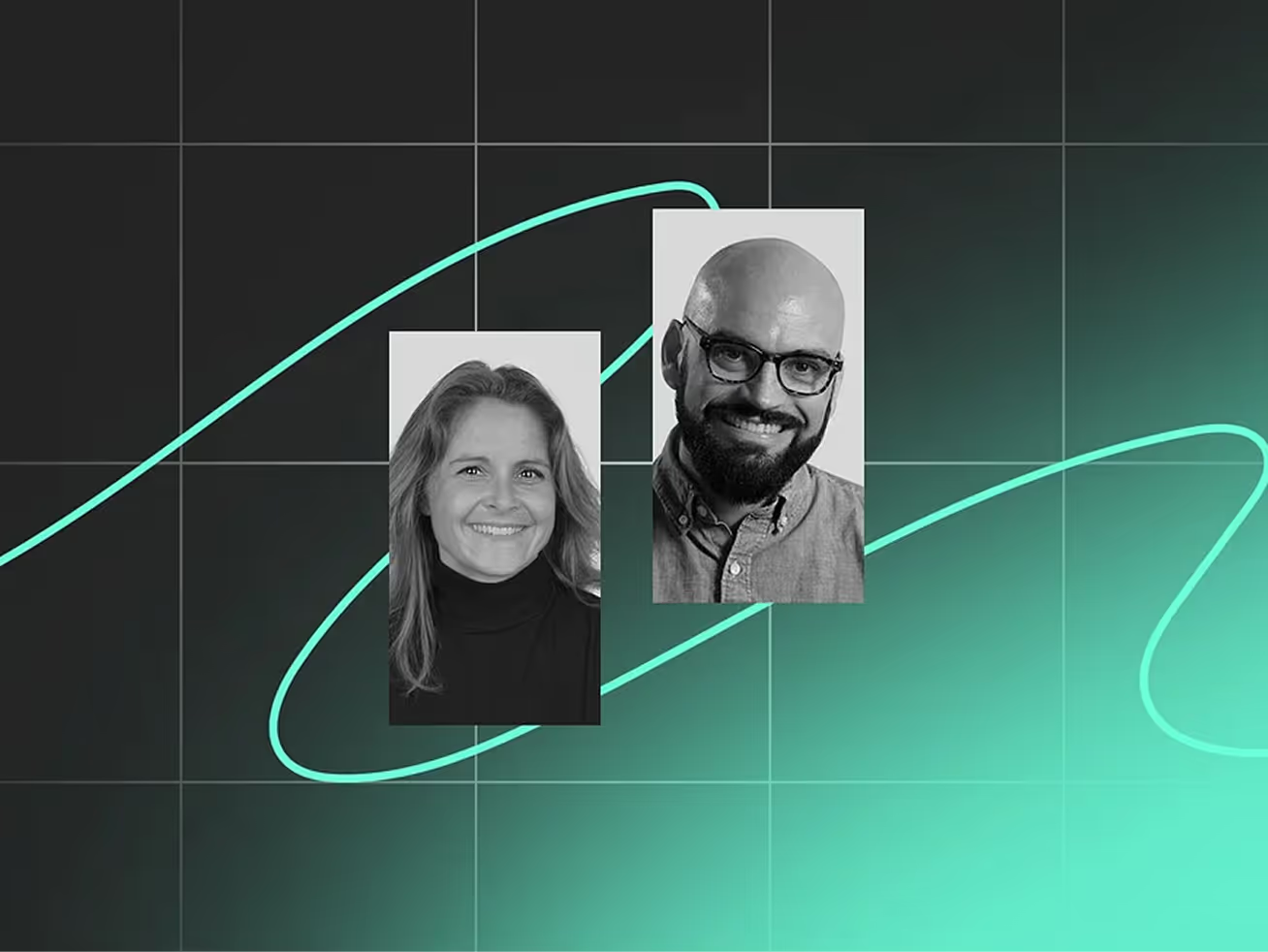
960
Insights: The future of Revolut with UKCEO Francesca Carlesi
The UK banking battlefield has never been more competitive. Customers expectfinancial apps that are personalised, seamless, and that genuinely make a differenc...

960
Insights: The future of Revolut with UKCEO Francesca Carlesi

960
Insights: The future of Revolut with UKCEO Francesca Carlesi
The UK banking battlefield has never been more competitive. Customers expectfinancial apps that are personalised, seamless, and that genuinely make a differenc...

960
Insights: The future of Revolut with UKCEO Francesca Carlesi

960

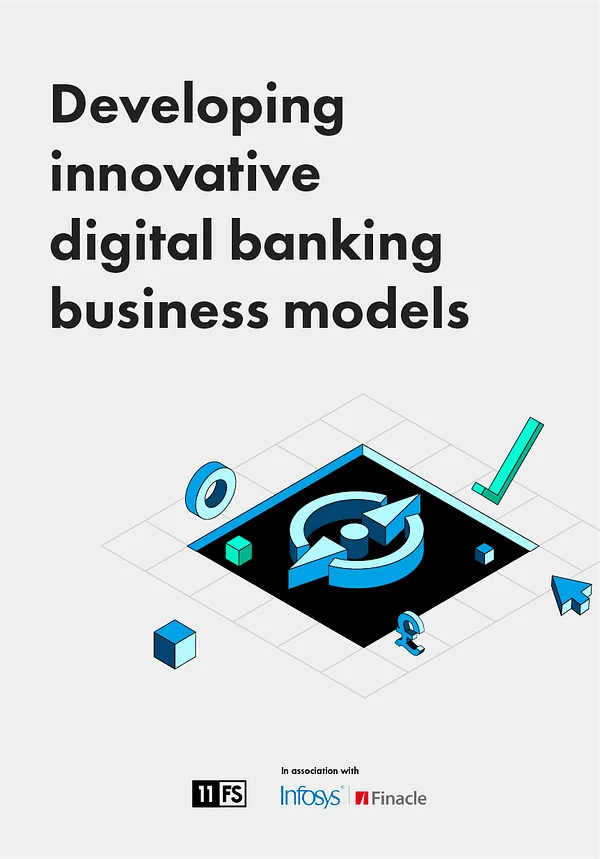


.svg)
.svg)
